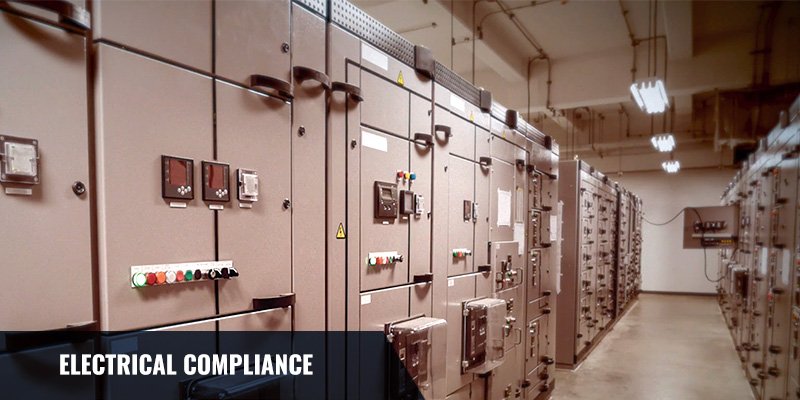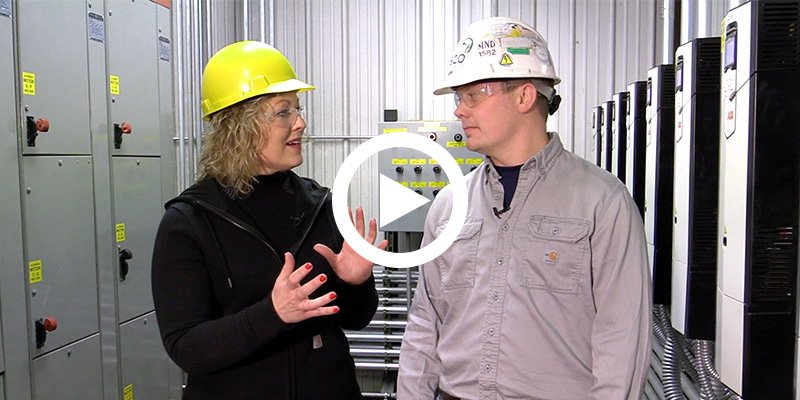Just the term “electrical compliance” can be daunting. Recently, EPSCO’s CEO, Jason Esler, met with Jill James, Chief Safety Officer at Vivid Learning Systems and a former OSHA inspector, to discuss electrical compliance and some key components to consider when buliding a culture of safety.
In the following video, Jason and Jill discuss:
- Why day-to-day electrical safety is so important
- What electrical knowledge is a must have in building a safer work environment
- How EPSCO simplifies your requirements
- The difference between qualified and non-qualified workers
- What to look for in choosing an electrician
Additional Information:
Ensuring electrical compliance is crucial for maintaining a safe work environment and avoiding costly penalties. Compliance involves adhering to various regulations and standards set by organizations such as OSHA and NFPA. These standards are designed to protect workers from electrical hazards and ensure safe operating procedures.
EPSCO provides comprehensive services to help your facility meet and exceed these requirements. Our approach includes detailed Arc Flash Studies, which identify potential hazards and provide recommendations for safety improvements. Additionally, our Safety Training solutions educate both qualified and non-qualified workers on best practices and compliance standards.
Understanding the difference between qualified and non-qualified workers is essential. Qualified workers have the necessary training and experience to recognize and mitigate electrical hazards, while non-qualified workers should be aware of basic safety practices and know when to seek assistance from qualified personnel.
Building a culture of safety starts with proper training and continuous education. EPSCO’s training programs are designed to be engaging and informative, ensuring that your team is well-prepared to handle electrical safety challenges.
Want more information about EPSCO?
Learn about our Arc Flash Studies
Get an Arc Flash Study estimate
See our Safety Training solutions




